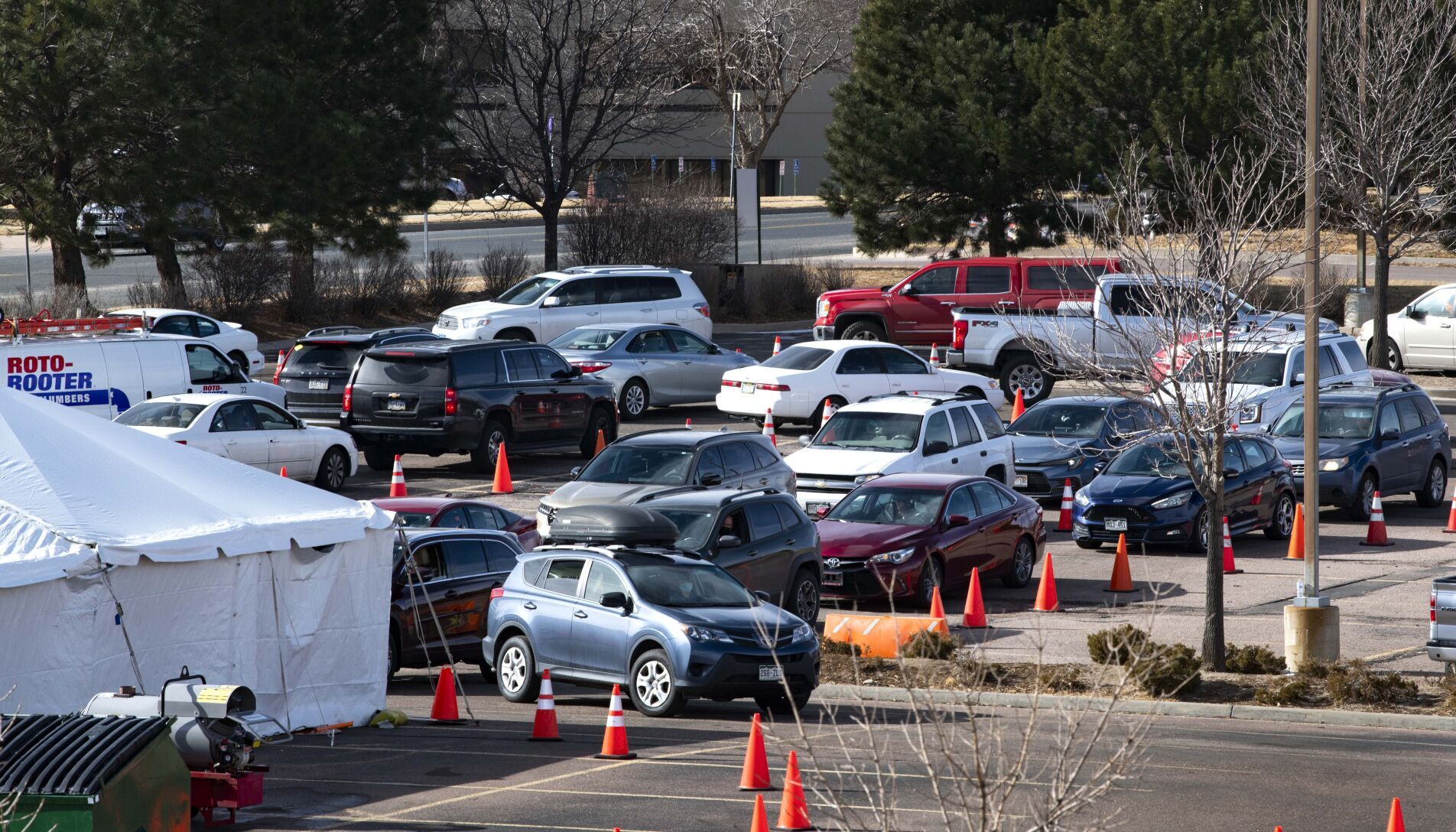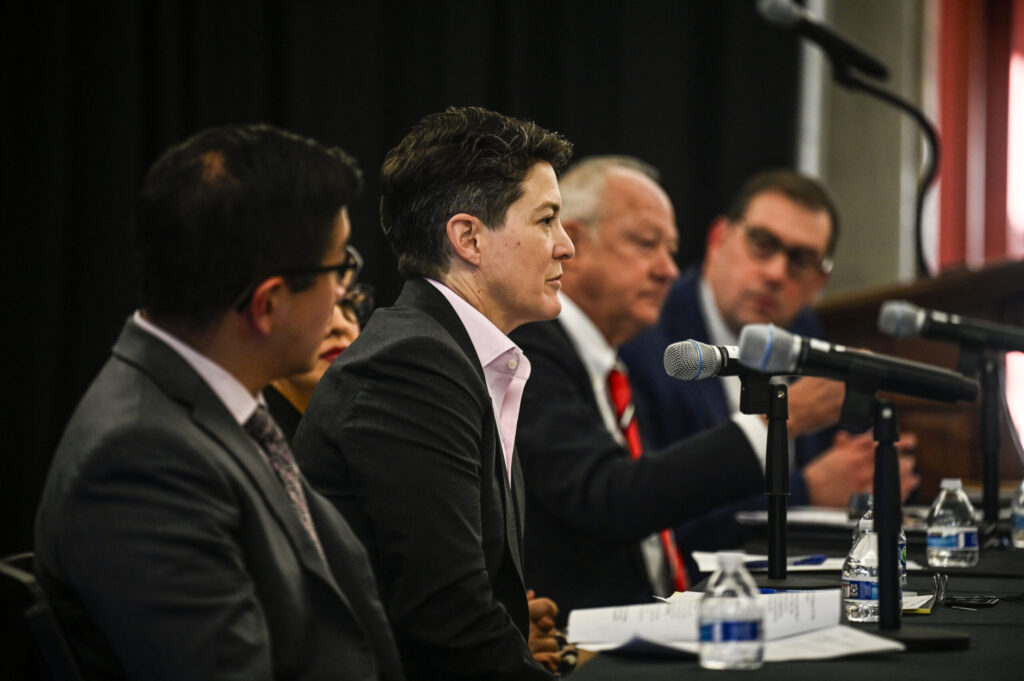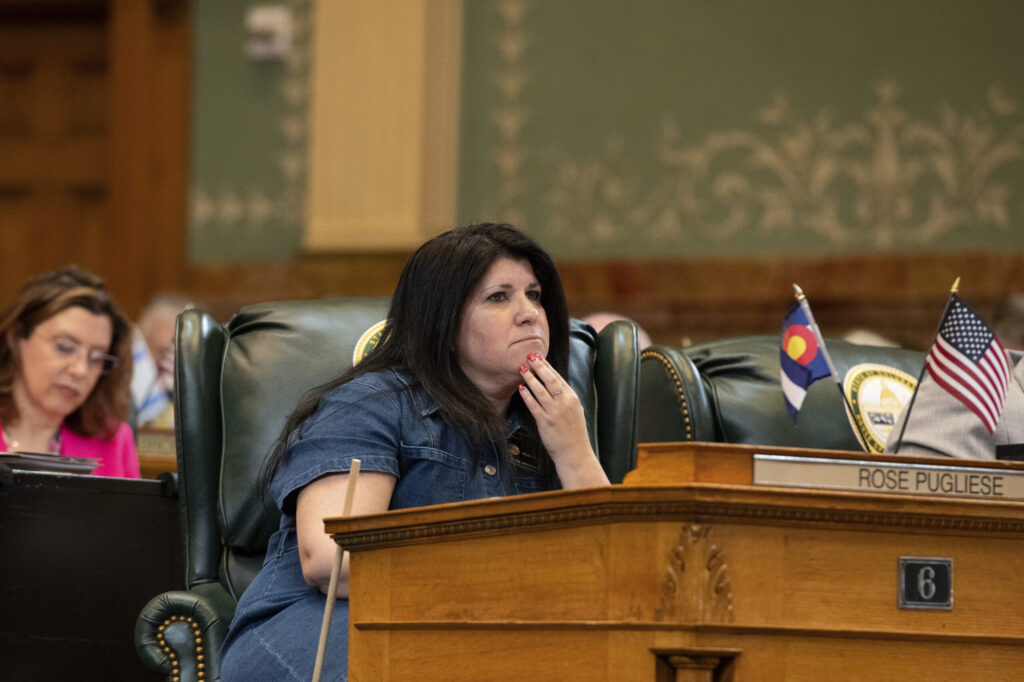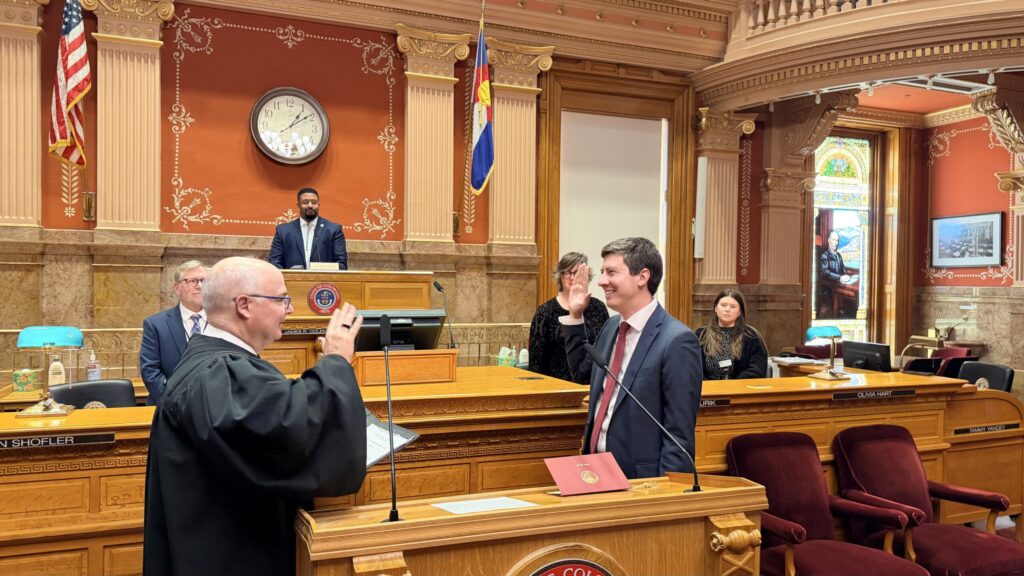Colorado COVID cases tick up as experts study crisis standards

COVID-19 cases in Colorado have continued to tick upward over the past month and the state’s positivity rate is at its highest point since mid-February.
State modeling predicts a surge but to a smaller extent than previous waves, and state experts are working to update the state’s emergency hospital standards before an anticipated fall and winter wave.
The state’s average positivity rate over the past week stands at 6.81%, nearly double the rate from a month ago and above the 5% threshold that marks a growing wave. Cases are also at their highest level: Colorado has averaged 1,062 new cases over the past week, the highest average since late February. Hospitalizations, which the state no longer tracks daily, are also up, albeit at a far lower level than previous increases.
FDA sets June meetings on COVID vaccines for youngest kids
In Colorado, “there are indications of an uptick – test positivity which has doubled over the last few weeks and possibly an upward trend in hospitalizations from the low two weeks ago,” Jon Samet, the dean of the Colorado School of Public Health, said in an email. “Our modeling projects a surge over the month with hospitalizations going to several hundreds, but far milder than the Delta and Omicron surges. We should have greater clarity over the next few weeks.”
Growth in cases in Colorado and nationwide is being driven by new subvariants of omicron, which have gained prominence in the past two months. More have been identified and are leading to case increases in California and elsewhere.
It’s those subvariants – or any entirely new variant – that could change Colorado’s fortunes. Despite the recent uptick, the state’s numbers are still below previous surges – including last spring’s – and are a fraction of what they were in December, January and parts of February. Glen Mays, also of the public health school, said there’s “no indication that we are heading toward ’emergency’ levels of severe disease that will threaten to overwhelm our medical and public health systems.”
“This is likely due to high levels of immunity in the Colorado population,” he continued.
Red Rock Pharmacy suspended from COVID-19 vaccination program for compliance violations
That immunity won’t last forever, Mays said, and the state needs to “be planning for a robust re-vaccination effort and for improving access to test-and-treat strategies across the state.”
Last month, a team of doctors from across the state met to discuss updating Colorado’s crisis standards of care, the emergency guidance that can be activated by the state to govern how hospitals should use scarce resources should they face an overwhelming crush of patients.
The work is being undertaken to address some biases in the standards and have them ready for any eventuality, but it’s also part of preparation for any potential COVID-19 surge that may come in the fall or early winter, as happened in late 2020 and late 2021.
While the changes have not yet been finalized, providers last month discussed giving the state the option to only partially activate the standards. That could mean the state would activate the entirety of the standards and give hospitals the choice of which to use – like those governing staffing, which allow for looser per-patient staffing ratios; or for emergency departments, which would give them flexibility to admit some patients and refer others to treatment. It could also mean the state only activates one of those for the entire state.
Those changes will be considered and voted upon this month.
‘We’re catching our breath’: Denver hospital looks back on two years after COVID census hits zero














